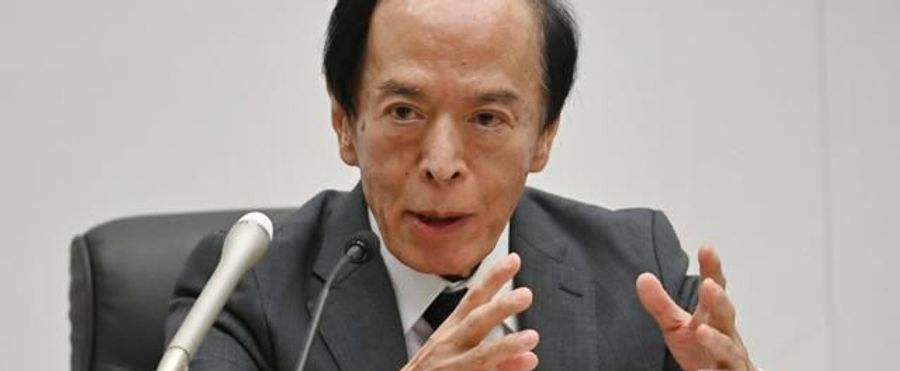The Bank of Japan (BOJ) has decided to sell off its Exchange-Traded Funds (ETFs), marking a significant shift in the nation's monetary policy. Although the exact timing is yet to be disclosed, the move indicates that the central bank might be optimistic about the economic prospects after a long period of easing. The BOJ's decision could have far-reaching impacts on the financial market, given its role as a significant EFT owner in Japan.
The trader and investor community in Japan generally pay close attention to actions of the BOJ, especially concerning their purchasing of ETFs. These decisions directly impact the stock market performance and overall economic health. Furthermore, the BOJ's decision could be seen in the wider context of Japan's long-running struggle against deflation and its ambitious attempts to stimulate the economy, which are deeply woven concerns in Japanese society and politics.
The United States Federal Reserve and the European Central Bank, like most other central banks, don't generally purchase ETFs directly - a strategy that BOJ has been utilizing for years. Therefore, such a move from the BOJ might be seen as a departure from what is conventional wisdom in the US and EU's monetary policy.

